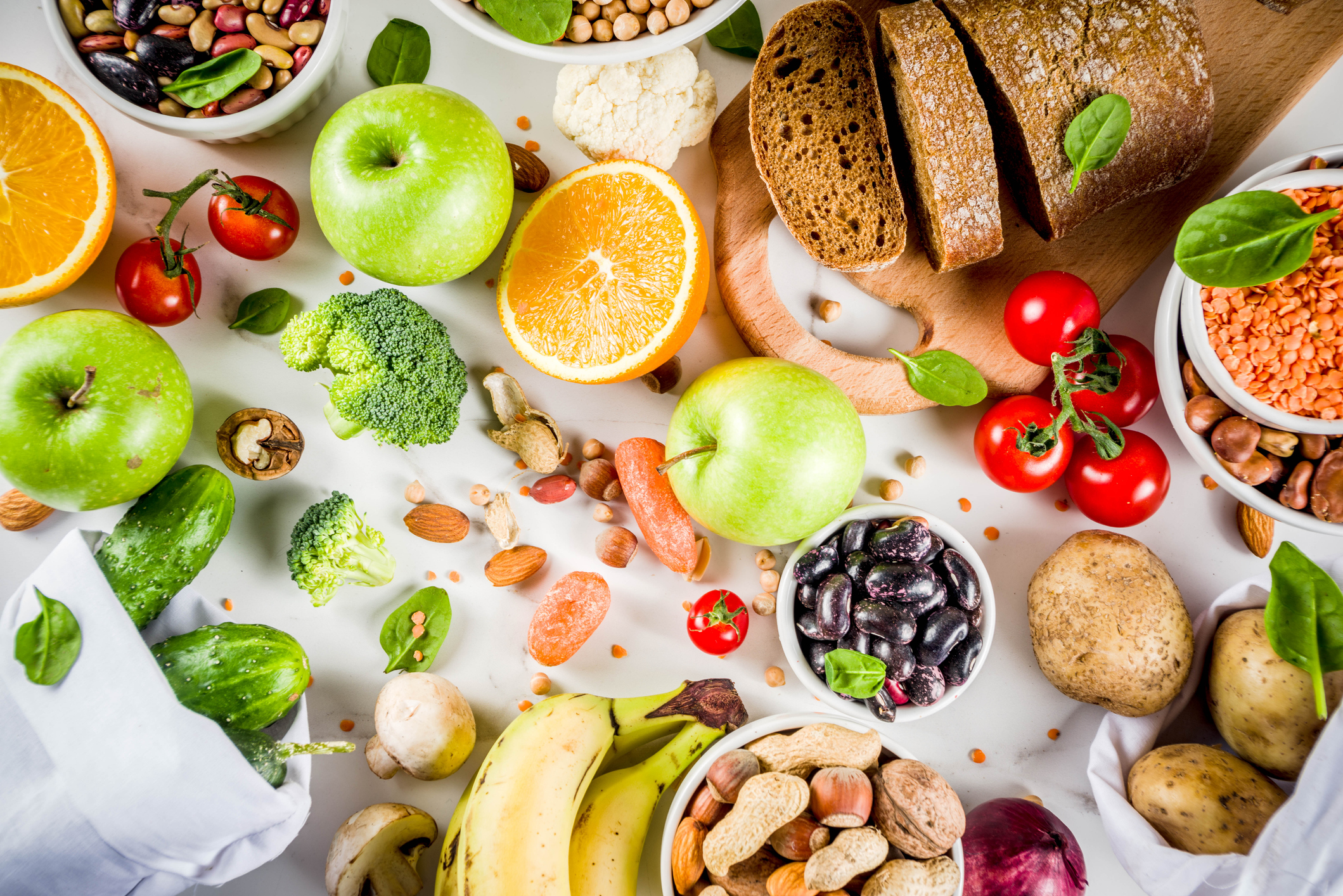Introduction:
The vegetarian keto diet is a modified version of the traditional ketogenic diet that excludes meat and fish while emphasizing plant-based foods. It combines the principles of a vegetarian diet, which eliminates animal products, with the low-carbohydrate, high-fat approach of the keto diet. This comprehensive guide will delve into the benefits, risks, food lists, and other important aspects of the vegetarian keto diet plan.
What is the Vegetarian Keto Diet?
The vegetarian keto diet focuses on consuming foods that are low in carbohydrates and high in healthy fats, while also excluding meat and fish. The primary goal is to induce a state of ketosis, in which the body burns fat for fuel instead of carbohydrates. By limiting carbohydrate intake and increasing fat consumption, the diet aims to shift the body’s metabolism into a fat-burning mode.
Benefits of the Vegetarian Keto Diet:
a. Weight Loss: The vegetarian keto diet can be effective for weight loss due to its ability to regulate hunger hormones, promote satiety, and increase fat burning.
b. Blood Sugar Control: By restricting carbohydrate intake, the diet can help stabilize blood sugar levels and improve insulin sensitivity.
c. Improved Mental Clarity: Ketones, which are produced during ketosis, can provide a steady source of energy to the brain, potentially leading to improved mental clarity and focus.
d. Reduced Inflammation: The vegetarian keto diet emphasizes whole, unprocessed foods that are rich in antioxidants and anti-inflammatory compounds, potentially reducing inflammation in the body.
e. Potential Health Benefits: Some studies suggest that the ketogenic diet may have therapeutic effects in conditions like epilepsy, type 2 diabetes, and polycystic ovary syndrome (PCOS).
Risks and Considerations:
a. Nutrient Deficiencies: The vegetarian keto diet may increase the risk of certain nutrient deficiencies, including vitamin B12, iron, calcium, and omega-3 fatty acids. Careful planning and supplementation may be necessary to meet nutrient needs.
b. Limited Food Choices: Eliminating meat and fish can restrict protein sources, and finding plant-based alternatives that are low in carbohydrates can be challenging.
c. Potential Keto Flu: When transitioning into ketosis, some individuals may experience symptoms known as the keto flu, including fatigue, headaches, and digestive issues. These symptoms are usually temporary and can be managed with proper hydration and electrolyte balance.
d. Individual Variations: Every person’s nutritional needs and response to diets can vary, and what works for one individual may not work for another. It’s essential to listen to your body and make adjustments as needed.
Food List for Vegetarian Keto Diet:
a. Low-Carb Vegetables: Leafy greens, cruciferous vegetables, zucchini, asparagus, and peppers.
b. Healthy Fats: Avocado, coconut oil, olive oil, nuts, seeds, and nut butter.
c. Protein Sources: Tofu, tempeh, seitan, edamame, and plant-based protein powders.
d. Dairy and Eggs: Full-fat dairy products like cheese, butter, and Greek yogurt, as well as eggs.
e. Plant-Based Alternatives: Low-carb versions of vegetarian meat substitutes, such as tofu-based or seitan-based products.
f. Beverages: Water, herbal tea, unsweetened plant-based milk alternatives, and black coffee (in moderation).
Meal Planning and Sample Menu:
a. A vegetarian keto meal plan should focus on incorporating low-carb vegetables, plant-based proteins, healthy fats, and dairy or dairy alternatives.
b. Sample meals could include a tofu scramble with spinach and avocado for breakfast, a large salad with mixed greens, tofu or tempeh, and olive oil dressing for lunch, and a stir-fry with seitan, low-carb vegetables, and coconut oil for dinner.
c. Snack options can include nuts, seeds, olives, and low-carb vegetables with dip.
Consulting a Healthcare Professional:
Before starting any new diet, it is important to consult with a healthcare professional or registered dietitian, especially if you have any underlying health conditions or concerns.
Conclusion:
The vegetarian keto diet offers a unique approach to weight loss and overall health by combining the principles of a vegetarian diet with the benefits of ketosis. It can be an effective way to reduce carbohydrate intake, improve blood sugar control, and promote weight loss. However, it is crucial to plan meals carefully, consider nutrient needs, and monitor overall health. Consulting with a healthcare professional or registered dietitian is highly recommended to ensure the diet is tailored to individual needs and to address any potential risks or concerns.
- When and What to Eat After a Root Canal - April 30, 2024
- The Comprehensive Guide to the Benefits of Vitamin A - October 23, 2023
- The Comprehensive Guide to the Benefits of Juniper Berry Supplements - July 8, 2023
